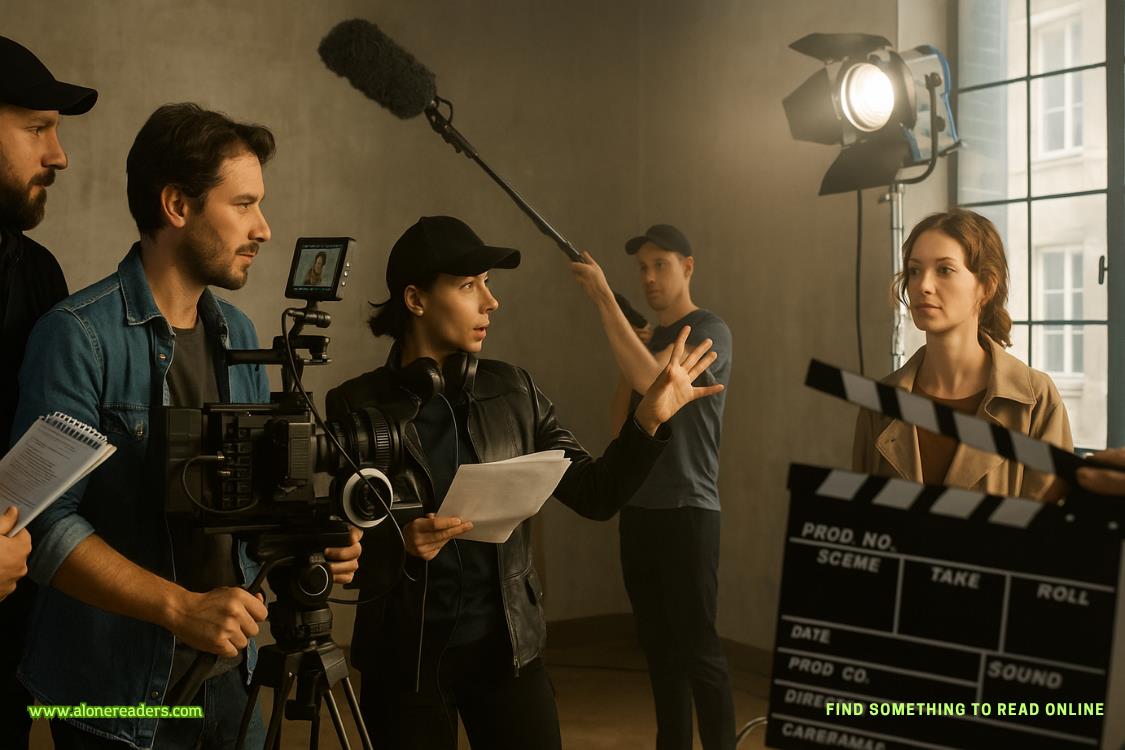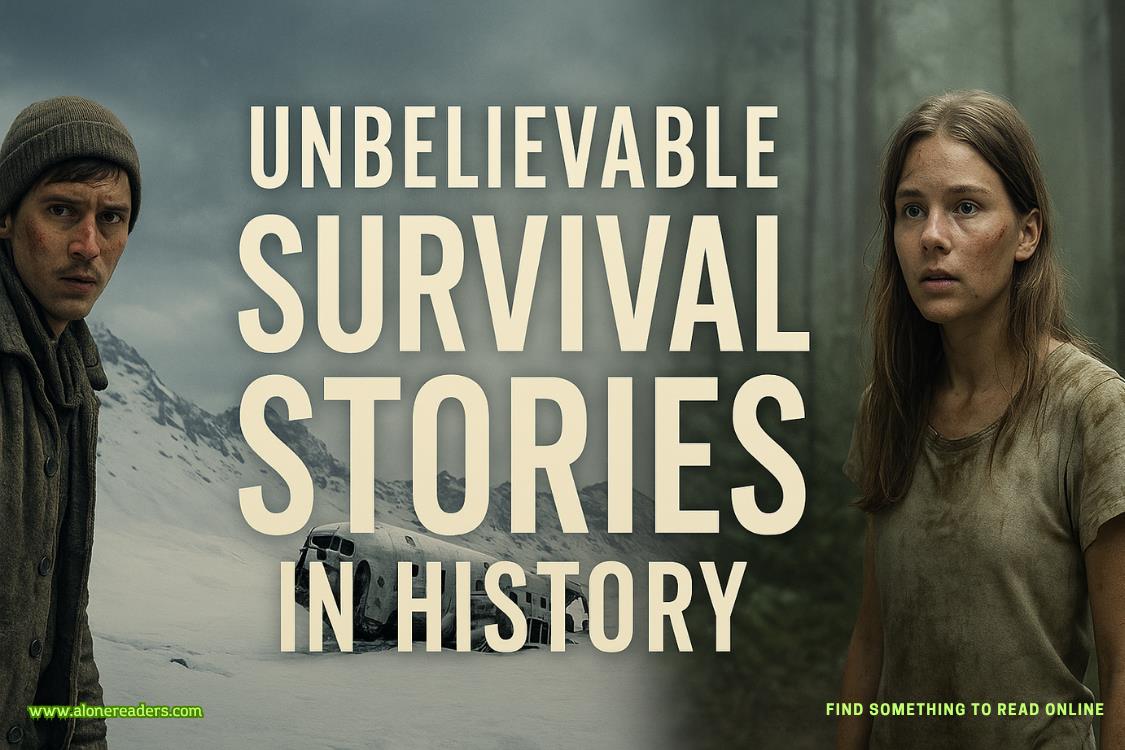Page 31 of A Resistance of Witches
“You don’t work for the British Museum.” He leveled his gaze at her. “And you don’t know a thing about art.”
Lydia blinked. “How dare you. Of course I—”
“That was a Rembrandt back there. Not a Botticelli. A first-year art student would know the difference, but not you. Why is that?” He was blocking her exit.
“I…I don’t…”
“Did you come here for the book?”
Lydia looked around. She smelled the cedar smoke, saw the salt piled in the corners of the room and along the windowsill.
She felt something like panic, rising hot and dangerous in her throat. “What did you do?”
“I sent it away. I hid it.”
“I know that. I know you sent it away, but what did you do after that? What did you do to this room?”
Henry tilted his head. “Something my mother taught me back in New Orleans, something she would do when a place had a bad feeling around it. I’m a little out of practice these days, but…”
Lydia felt as if she might scream. She opened her mouth, but only a frantic whisper escaped.“You cleansed the room.”
Now she understood. The magic of the book was too powerful to be wiped away completely, but whatever cleansing ritual Henry had done had been enough to dilute its presence. All that was left was a jumbled signal, like a radio caught between two stations. Lydia would never be able to trace it now.
“Where is the book?” she demanded.
“Whatever you want with it, it’s too late. You’ll never find it.”
Lydia was seething. “Do you understand what you’ve done? They’ll find it now.”
“Who?”
“The Nazis, you idiot!” She was shouting, but she didn’t care. “You don’t have any idea what it really is, do you? You had it in your hands, and you threw it away!”
“I know enough.” Henry’s voice rose to match hers. “I know that amonth ago someone tried to steal it. Someone who looked like René, butwasn’t. I know how I felt when I held it, like it was whispering to me inside my head.”
“Well, congratulations. By tomorrow the Third Reich will have all they need to bring about the end of the world, and you will have helped them do it.”
He stood in the doorway, still blocking her path with his body.
Anger and caution battled inside her, but in the end, anger won out. One moment Lydia was inside her body; the next she had projected outside herself and was standing like a specter just behind Henry’s left shoulder, making no effort at all to cloak her projection, her strange doppelgänger clearly visible in the dim lamplight.
“Move,” she said quietly, “or I will make you.”
She waited for him to turn and register her face before returning to her body, and for the first time she thought she saw something that might have been fear in his eyes.
He knows what I am now, she thought.Good.
He hesitated for just a moment, then stepped to the side. Lydia walked past him, down the stairs, through the kitchen, and out into the night. She was breathless with rage and unable to stomach the sight of the damned, meddling curator for one second longer. She was already outside when she realized she’d left her coat and bag behind.
To hell with it, she thought.Soon it won’t matter.
She heard Henry behind her, calling her name. She kept walking across the frozen hillside toward the hazy outline of the village below.
“Miss Polk!”
She turned. Henry stood on the hill, dim firelight pouring from the open door onto the grass. The wind howled, whipping her hair and pulling at her clothes. They faced each other.
“How do I know you’re not one of them?” He shouted to be heard over the wind.
- Sold to the Silver Foxes by Laylah Snow
- My Brother's Best Friends by Natasha L. Black
- The Rancher's Addiction by Lila Fox
- The Biker's Hidden Obsession by Khloe Summers
- Mile High Coach by Mia Mara
- Off-Limits as Puck by Kate Olivia
- Love Off Course by K. Webster
- Desert Sky by Jax Hart
- Their Darkest Needs by Amaya Jax
- Love & Vendettas by Cassie Verano
- Iron Bride by Molly Briar
- The Omega's Bloodline: Part One by Sierra Cassidy
- Forever In Willow Creek by Jade West
- Where the Blacktop Ends by Sofia Jade
- The Crown of Nyx by Audrey Moore
- Deep Feelings & Shallow Graves by Gwendoline Rose







